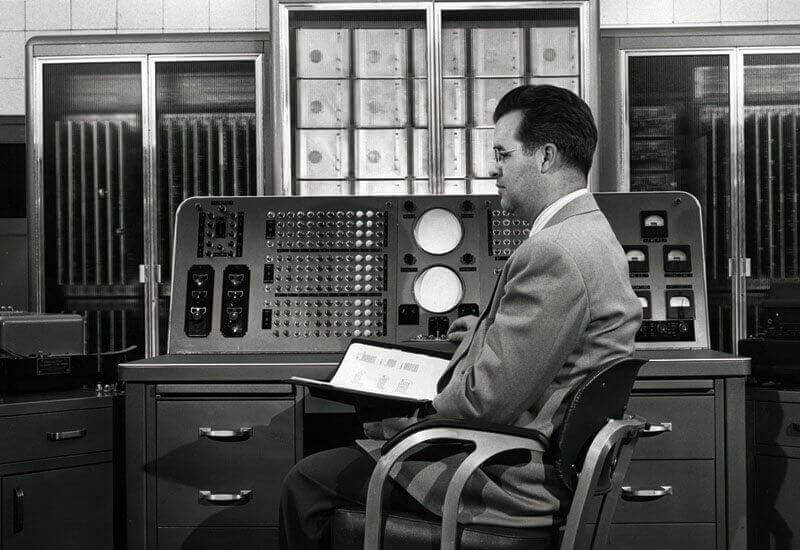
At the start of the COVID19 crisis there were calls from many respected quarters for hotels not to follow the pricing recommendations suggested by the revenue management systems (RMS) for fear that this would lead to a race to the bottom.
NB: This is an article from Michael McCartan – SaaS & Travel Tech Business Leader & Advisor
The assumption being that the revenue management systems would rapidly drop rates to stimulate bookings. Whether this advice was appropriate or mis-guided is unknown because the severity and the swiftness of the lockdown meant that any demand, short or long term, evaporated in a matter of days and any price reductions had zero impact on optimising demand. Simply put no one was booking, irrespective of price, and this remains the case today with many hotels choosing to temporarily close until travel restrictions are lifted and consumer confidence returns.
Clearly, with absolutely no demand RMSs are largely redundant right now but will this be true when demand starts building again? And when this happens should hotels leave their RMSs unplugged? Will human decision-making triumph over machines?
Over the past decade we have seen significant advances in artificial intelligence (AI) and in many industries AI is a reliable partner to human talent. We just need to look at the world of chess where the best computer programs can beat the best humans. This was proven in 1997, when the world champion of 20 years, Garry Kasparov, lost to an IBM computer called Deep Blue. Yet free style chess, where humans use inputs from chess programs to assist in their moves, repeatedly proves human plus machine is better than either human or machine.
In a recent article BCG argued that the revenue management systems will need to be re-set because historical booking patterns, and therefore price optimisation, will bear no correlation to future demand. The authors suggest that whilst bionic revenue management —the combination and integration of machine algorithms with human inputs and judgement —is the best approach in the long-term, significant intervention by humans will be required now while the RMSs re-tune. As a vocal advocate of revenue management software, it pains me to accept that they are probably right and that the current situation has demonstrated that for hotel revenue management we are not yet at point where machines consistently beat humans, and where any human intervention provides even better results than machine alone.
I’m not a data scientist but it has been my long-held belief that an RMS is not as reliable as machines in other industries at predicting outcomes largely because they are not being fed the right data at the right time. The current situation would be very different if demand forecasting was based predominantly on real time lead indicators such as regrets and denial (i.e. look to book) data, social media sentiment and market dynamics. The BCG article arrives at the same conclusion and goes into great depth as to why this is the case but it doesn’t explain why the RMS providers, who have been advocating for the use of forward-looking data sets for several years, still place a heavy reliance on historical data.
The finger of blame can’t be pointed at the RMS providers. Yes, they should be doing more to reduce their reliance on historical data and lead the industry’s charge for establishing better forward looking data sets but as I stated in an article for HospitalityNet entitled Why hotel technology hasn’t kept pace with revenue management there are fundamental issues in the exchange of relevant, robust and timely data that the RMS vendors alone cannot solve. Since I wrote the article (nearly three years ago) the advocacy of open APIs and the free exchange of data has been on the rise led by a vocal group of hotel tech innovators. This movement is chipping away at the barriers created by the gatekeepers, most notably OTAs and hotel tech giants, but their success to date has largely being around rate, price and reservation data. The barriers to accessing traveller sentiment and search behaviour upstream of the actual booking process remain high. Without data of sufficient quality, quantity and frequency it is extremely difficult to gauge where the demand is coming from, when it is coming and what these potential guests expect from their stay, all vital factors in being able to offer the right product, to the right customer, at the right time, for the right price – the bedrock of revenue management.
In my article I conclude that the hotel companies had unwittingly disadvantaged themselves against the OTAs by not being more collaborative in the sharing of data with each other. I still stand by this view but would add, in light of the inadequacies of pricing optimisation exposed by the COVID19 lockdown, that it’s not just the hotel companies’ responsibility, but all hospitality stakeholders, to create an environment in which market data is universally available. The data itself should not be considered a competitive advantage but rather the way the data is utilised should determine the hotel and the channel the traveller selects when making a booking.




